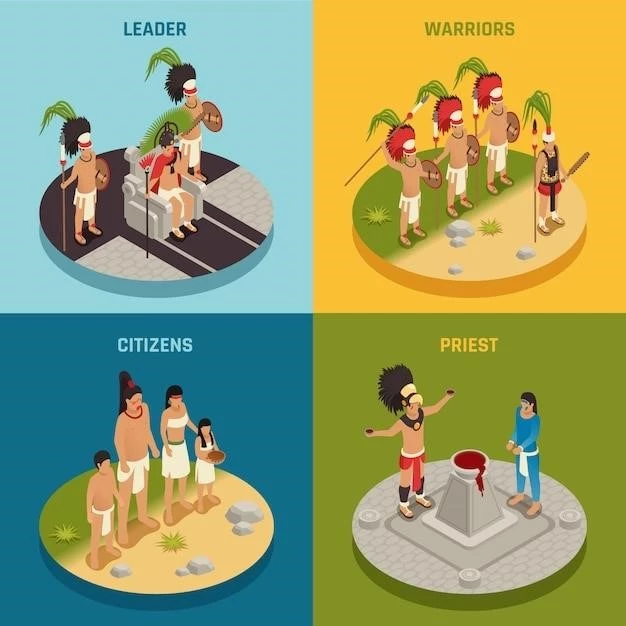Sports have been an integral part of human civilization for millennia, playing a significant role in shaping ancient cultures and societies. From the gladiatorial contests of Rome to the athletic festivals of Greece, sports have transcended mere entertainment, becoming intertwined with religious beliefs, social structures, and even political power. As someone who has delved into the fascinating history of ancient sports, I’ve witnessed firsthand the profound impact they had on these civilizations.

The Rise of Sports in Ancient Greece
Ancient Greece, renowned for its philosophy, art, and literature, also held sports in high regard. The Olympic Games, held every four years in honor of Zeus, were more than just athletic competitions; they were a celebration of the human spirit and a testament to the power of physical prowess. Athletes trained rigorously, pushing their bodies to the limit, and victors were revered as heroes, their names etched in history. The Olympic Games fostered a sense of unity and national pride, transcending political boundaries and uniting different city-states under the banner of athletic excellence.
Beyond the Olympics, sports were deeply embedded in everyday life. Gymnastics, wrestling, and chariot racing were popular forms of entertainment, reflecting the value placed on physical fitness and athleticism. The ideal of a “kalokagathia,” meaning “beautiful and good,” emphasized the importance of both physical and mental excellence, a philosophy that permeated all aspects of Greek society.
The Spectacle of Roman Gladiatorial Games
In the Roman Empire, sports took on a more brutal and spectacular form. Gladiatorial games, held in massive amphitheaters like the Colosseum, were a spectacle of violence and entertainment. Gladiators, often slaves or prisoners of war, fought each other or wild animals in a bloody display of strength and courage. These games, while often criticized for their brutality, served a crucial social and political function. They provided a distraction from the harsh realities of Roman life, offering a sense of shared excitement and communal experience. They also served as a demonstration of Roman power and military prowess, showcasing the empire’s strength to both its citizens and its enemies.
The gladiatorial games were also a powerful tool of social control. They served to reinforce the social hierarchy, with the elite Romans occupying the best seats and enjoying the spectacle of the lower classes fighting for their lives. These games were a stark reminder of the power dynamics at play in Roman society, highlighting the differences between the privileged few and the vast majority who lived under their rule.

Sports and Religion
Sports were often intertwined with religious beliefs in ancient societies. The Olympic Games, for instance, were dedicated to Zeus, the king of the gods, and athletes prayed for his favor before competing. Similarly, the gladiatorial games were often used to appease the gods and ensure the empire’s prosperity. In these societies, athletic prowess was seen as a gift from the gods, and victories were often attributed to divine intervention.
The close relationship between sports and religion contributed to the sacredness of these events. Athletes were seen as representatives of their gods, and their victories were celebrated as divine blessings. This religious dimension further enhanced the social and cultural significance of sports, making them more than just entertainment; they were a powerful symbol of the relationship between humans and the divine.
The Legacy of Ancient Sports
The influence of ancient sports extends far beyond their historical context. The Olympic Games, which have been revived in modern times, continue to draw millions of viewers and participants from around the world. The spirit of competition, the pursuit of excellence, and the importance of physical fitness, all rooted in ancient traditions, continue to inspire and motivate us today.
The gladiatorial games, while condemned for their brutality, offer a glimpse into the darker side of ancient society. They remind us of the power of spectacle, the allure of violence, and the complexities of social control. These games, despite their grim history, continue to spark debate and reflection, prompting us to examine the role of entertainment, violence, and power in our own society.
By studying the role of sports in ancient cultures, we gain a deeper understanding of the values, beliefs, and social structures that shaped these civilizations. From the Olympian ideals of Greece to the brutal spectacles of Rome, ancient sports offer a fascinating window into the past, reminding us of the enduring power of human competition and the profound impact it has had on our world.










